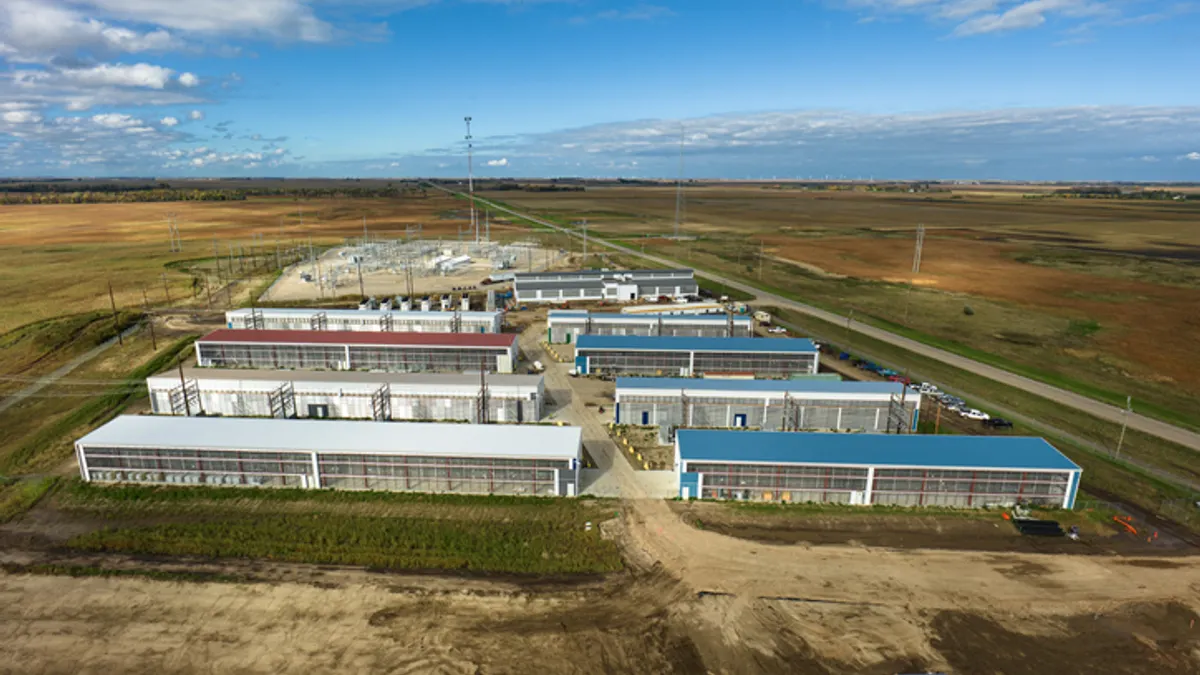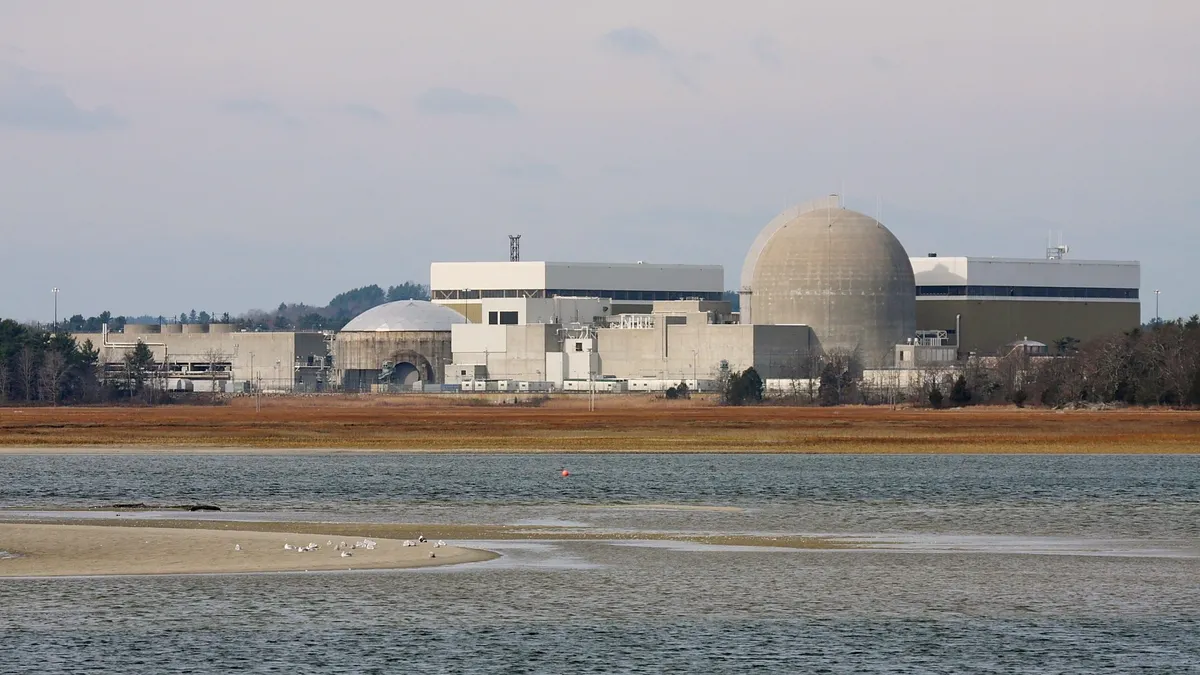For a company surrounded by so many questions, fuel cell maker Bloom Energy keeps racking up victories.
Fuel cell power is more expensive than generation from traditional turbines, may not be economical without subsidies, requires some creative thinking to be considered "renewable" and remains questionable from an emissions standpoint. But companies are desperate for reliable power and fuel cells are becoming an important part of the distributed generation equation.
Bloom, one of the biggest — and most ambitious — players in the fuel cell space, continues to maintain the buzz surrounding its hyped Bloom Box technology and recently partnered with Exelon, one of the biggest utilities in the country.
And, for years, it has left unanswered a growing question: When will it launch an initial public offering of stock?
The company, of course, will not comment on the last part.
The case of the Exelon partnership
Bloom was founded in 2001, but in recent years the company's inertia and impact has grown with a laundry list of blue-chip customers and more than $1 billion in investment. Most recently, Exelon announced it would provide equity financing for 21 MW of Bloom fuel cell projects at 75 commercial facilities in California, Connecticut, New Jersey and New York.
The companies are tight-lipped on just who those customers are. They include new and repeat large power buyers, among them AT&T, which will use the fuel cells to power operations at nine sites. But perhaps the most significant part of the announcement is the potential for expansion of the investment.
"Exelon views this transaction as the first step in a long-term strategic partnership with Bloom Energy — one we hope will create new opportunities to deploy Bloom Energy projects for other customers," Exelon spokesman Paul Elsberg told Utility Dive.
Under the arrangement, Exelon will finance Bloom Energy projects through Bloom Electrons, a service that allows customers to buy power as a service, rather than purchasing the equipment directly. The deal marks the first investment by an energy company in Bloom Electrons and it will support the program’s largest commercial deployment to date.
Exelon and Bloom Energy said they plan to complete the installations in phases over the next year, and once completed the fuel cells will produce enough electricity to power the equivalent of more than 11,000 homes each year.
"We formed this partnership with Bloom Energy to expand our portfolio of distributed generation offerings and meet commercial customers’ growing demand for innovative solutions that help them take control of their energy usage," Elsberg said.
In a statement announcing the deal in July, Bloom principal and co-founder KR Sridhar also signaled the potential to expand on the Exelon deal. Though terms of the arrangement were not released, Sridhar called the deal a "significant commitment, as one of the largest and most important energy companies in the country commits to Bloom Energy’s reliable, resilient and distributed power. We look forward to building upon this first phase in our partnership.”
The deal with Bloom Energy builds on Exelon's growing distributed generation business. Subsidiary Constellation Energy has been active in the distributed generation business since 2007 and will play a key role in the ongoing management of Exelon’s partnership with Bloom Energy. Constellation already develops, owns and operates projects for retail customers, including onsite solar, emergency generation, cogeneration and battery storage.
Financing options fuel growth of distributed energy
Bloom Energy has installed more than 130 MW of fuel cells so far, according to the company's marketing manager Alanna Gino, and customers include FedEx, Target, Macy's, Staples and Walmart. The company offers financing options through its Bloom Electrons service, "basically a power purchase agreement," Gino said, meaning customers won't pay up front for installation but will lock into long-term contracts.
In 2013, the company partnered with Bank of America on a leasing program and received a multi-million dollar commitment as part of the bank's $50 billion environmental business initiative.
Although the company continues to seek creative financing to put its systems into operation, "the product is the same whether it is purchased through a lease, PPA, or Capital Purchase," Gino said.
Innovative financing has fueled the growth of distributed generation and helped transform the residential solar industry. Third-party ownership now makes up 60% to 70% of all residential distributed generation installations in the U.S. and remains a key driver of growth, according to a new report from Fitch Ratings. But the incentives and economies of a residential installation and a large-scale, blue-chip initiative are different. It remains to be seen how far Bloom can push into the space.
There are currently no pure-play fuel cell companies turning a profit, according to Greentech Media, but as long as Bloom continues to expand its offerings, the IPO question will continue to attract attention to the rapidly-growing company and its technology.





















